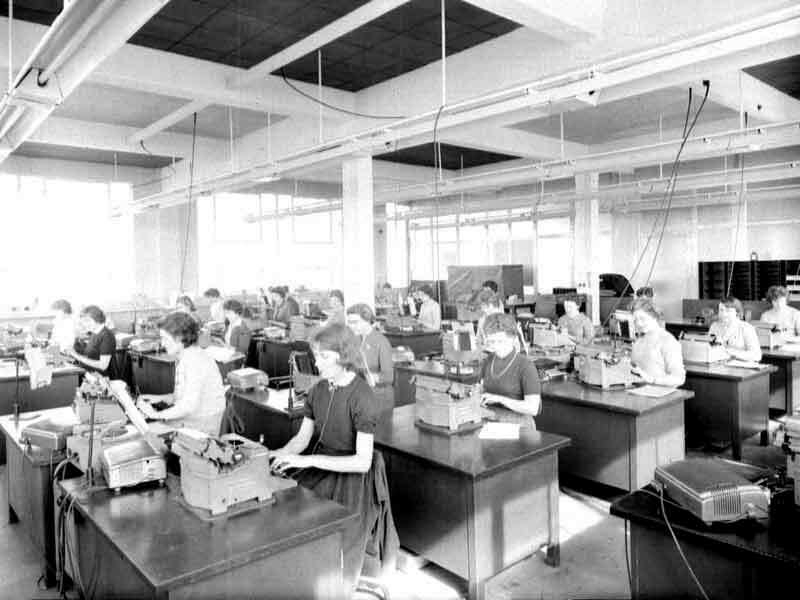Soon we'll all be writing the books we want to read
To benefit from AI-assisted writing, look closely at how it’s transforming the readers.
Whenever new technologies appear, many changes in the economy happen on the consumer side, not the producer side.
As AI-assisted writing disrupts the writers, it will do so mainly by transforming the readers.
Reading Confessions of a viral AI writer in Wired magazine made me realise I had the future of AI-assisted writing the wrong way around. Vauhini Vara’s article shows how AI is already making a massive difference to our expectations of writing. She’s a journalist and author who has seen her working practices upended. But what about the readers? Sure: production is undergoing massive disruption.
But meanwhile the consumption of writing is on the cusp of a complete revolution.
In the old days you used to stand at the grocery store counter while the staff fetched all the groceries for you, and at the fuel station an attendant would fill up your vehicle’s tank on your behalf. Then new technology transferred these tasks from the seller to the buyer, and the buyer had no real say in the matter, so that by now it’s completely normal to walk down a grocery aisle filling the trolley yourself, or to operate the fuel hose on your own.
No one pays you to do this work that the employees used to insist on doing.
It’s the same for all kinds of office work. The managers do their own budgeting using spreadsheets, while the staff do all their own typing. No one expects to find a typing pool at work. In fact, few workers are even old enough to have seen one.

Move forward a few years and social media has completely adopted this labour-shifting approach.
All the work of social networks is done by the customer.
On YouTube, Instagram and TikTok, the users literally make their own entertainment.
The consumer is now the producer. And this is exactly how it’s going to be with AI-assisted writing.
In former times other people, professionals, wrote books for you. They were called ‘writers’ or ‘authors’, and they, in turn, called you a ‘reader’. But the new technology is shifting the workload to the consumers. We won’t really have a choice, no one will pay us, and eventually we’ll come to see it as completely normal.
“If there’s a book you want to read, but it hasn’t been written yet, then you must write it.” — Toni Morrison
From now on the readers will use AI to write the books they want to read.
‘Professional writer’ will be a job like ‘bowser attendant’ - almost forgotten. Certainly the books still need to be written, just as the fuel tank still needs filling, but why not just let the reader write the books themselves? Who better to decide what they want?
Soon we’ll all be authors, each of us writing for a single reader - ourselves.
These categories, reader and writer, used to be obviously distinct. But AI will result in only one category. Maybe we’ll even need a new name for it.
But as every marketer and advertiser knows, people are completely out of touch with their own taste - they need someone to show them. Fashion, celebrity - consumerism is an ideology that requires followers.
The writers will have a new job: advising people on how best to describe their own desires.
A further, more tentative prediction: AI will also assist the general public to write computer programs. The programmer’s job will shift towards advising the public on what software they actually want to write.
Footnote: I’ll revisit this article in five years to see how accurate my crystal-ball-gazing really is!
Image source: How it was: life in the typing pool
See also: